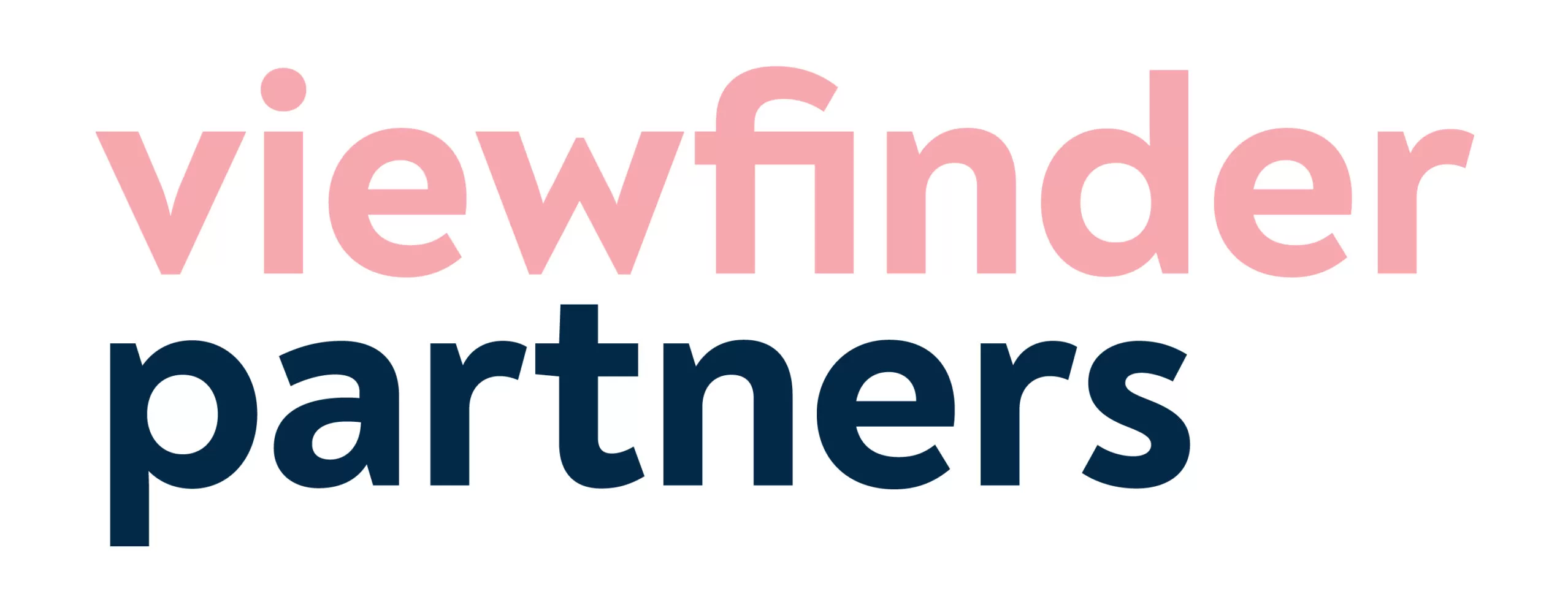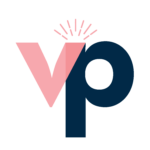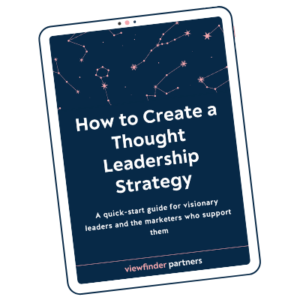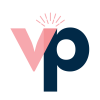This week marks one year since I left my last full-time job and started working for myself. I’ve spent some time recently thinking about how the past year has gone, what I’ve learned, and what I want from year #2. I’m always interested in other people’s career reflections, especially around entrepreneurship, so I’m sharing some of my thoughts about year 1 of working solo.
First, let me just say that I love working for myself. For years, my husband has been pushing me to take the leap, but I felt unprepared. Being an employee felt pretty easy. The logistics of working for myself seemed daunting and overwhelming.
And while there were some bumps in the road this year, especially during the very early learning curve, I’m happy to share that I’m absolutely thrilled I made this decision. After years of working hard at good companies, in challenging roles, with people I liked, I didn’t realize just how much opportunity, fulfillment, freedom, and peace I’d find working for myself. Now, I find myself advocating for solo work and entrepreneurship all the time. I’ve talked several people into becoming entrepreneurs this year. (If you need a push, let me convince you!)
2020 was not a year any of us could have predicted. A year ago, if I’d known what was coming, I don’t know if I’d have made the same decision. But even though it’s been a tough year in so many ways, I have continually felt gratitude that I’ve gone through this year as my own boss, not as someone else’s employee. I’ve had the true flexibility to take care of my family and myself, without work stress adding to the load. And I’ve been truly lucky to be able to do work I’ve really enjoyed, in a way that has supported me financially, creatively, and emotionally. I seriously couldn’t ask for more than that.
Second, I’ve learned that transitions are the hardest times. I have learned this lesson as a parent (you’ll have everything figured out, and bam, your kid changes and you have to re-learn everything). The same has been true for my solo work. The first couple of months, when I had to figure out everything from scratch — estimated tax payments, contracts, proposal formats, insurance, etc. — everything felt hard. Nothing was certain yet, I had a lot to research and decide, and no one was going to make the decisions for me. But as the months went on, as I made the initial decisions and started to get into a cycle of running my business, the little details became less daunting. I was no longer in transition mode.
I find the same thing to be true with new projects and new clients. The first time you do a certain kind of work, it’s going to be…a lot of work. But as I developed more processes, I could predict the work better and I felt more relaxed and confident.
Third, I have learned to be much more open and flexible. I started my business with a pretty fixed idea of how I wanted to sell my services. I envisioned big strategy engagements that would stretch over a few months and take a lot of my time. I knew exactly how many I needed to sell to reach my goal for the year. But pretty much immediately, I saw that my target clients needed something slightly different. Some people weren’t ready to commit to such a large-scale engagement. They wanted my time, attention, and advice, but the way they wanted to buy it looked a little different than what I’d set out to offer. I started rethinking the way I sold my services.
Then, COVID hit! And people’s needs definitely changed. As a result of COVID and all the uncertainty it brought, I completely rethought my model. I started thinking more about what my clients needed right now. What did they need, and how could I help them accomplish those goals? How could I be a true helper? How could I “find the overlap”?
In some cases, that meant setting up much more limited retainers than I would have envisioned. But those small, very limited projects have become some of my favorites. And restricting my time and the scope has actually led me to contribute better, more focused work. Getting very specific about the scope of projects has kept me from overpromising, overcommitting myself, and overworking (all the bad habits I’d gotten into as an employee). The COVID crisis has been devastating for so many people in so many ways, and I don’t want to hang silver linings on such a terrible time. But this unexpected year did push me to get creative, fight for resilience, and meet people where they are. I’m grateful for that.
Fourth, I’ve tapped into new interests this year. I’ve enjoyed working alone, but I’m an extrovert, so I had to look up, look around, and find other people. One group of people I’ve connected with are young people who are just starting their careers. Being 22 or 23 is such an important but vulnerable time, and I want to help people who are trying to find their way professionally. This year, I mentored students who are considering content marketing as a career path after graduation. In the spring, I was on a panel about job-hunting in tough times for new graduates at my alma mater. And this summer and fall, I’ve gotten the chance to mentor teams of new grads who are working through Bessel career training programs. There’s something about informal mentorship that feels powerful and authentic. I’ve enjoyed it more than I enjoyed formally managing people, and I look forward to finding more opportunities to be a mentor next year.
And finally, I’ve realized how good it feels to do work people appreciate. I really did get lucky in my first year, because I have worked with a group of clients who are kind, generous, and extremely appreciative. We don’t tell people often enough: “Thank you for your work. It’s so great to work together. I really appreciate you.” It’s not hard to type that in an email or say it on the phone, but in the 12 years of my career, I hadn’t heard it enough. This year was different, and it has been a game-changer for me. I’m an enneagram type 2, a “helper.” For me, being a “helper” has not always been good for me. I have found that I value helping other people so much that it’s often at my own expense. But this year, maybe for the first time in my career, I was able to help others and give of myself, but in a way that made me feel stronger and more capable, not to my own detriment.
And that feels like a good place to be as I plan year 2 of Lee Price Ideas.
Here are my goals for the next year:
-
Continue to do good work that makes a positive impact and supports me financially. In true “Company of One” style, I don’t have big goals to grow my revenue significantly next year. Instead, I’d like to refine my process and improve my work.
-
Connect with more people who want to share their perspective and grow as thought leaders. I’m looking to grow my network, client list, partnerships, and relationships next year beyond my current circle. I’ve been saying “yes” to networking calls, events, and referrals to help me stay open and connect with new people and ideas. If you know someone I should talk to, I’m all ears!
-
Focus on one primary topic area: the future of work. As I’ve mentioned before, most of my work this year (and for the past several years) has been about how work is changing. I’ve supported thought leaders at tech companies and consulting firms whose big ideas are about making work better and preparing people for a different way of working. That’s the core topic I’m most interested in, and I’d like to focus my client work even more in that arena. And let me tell you, based on the conversations I’ve been a part of this year, I think we can be really optimistic about the future of work. I’m seeing a future that’s more empathetic, human, and supportive.
Thank you to each of you who’s reading this for your support, advice, attention, and kindness during my first year. I appreciate you!







